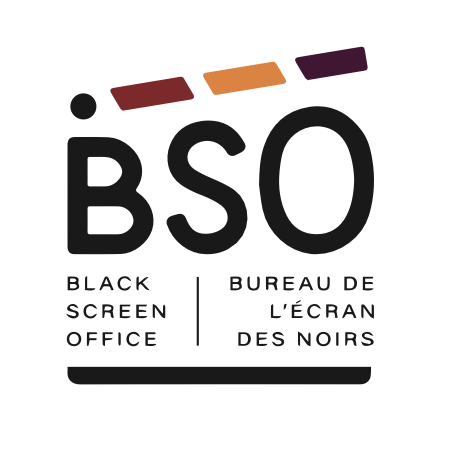
TORONTO – The Black Screen Office (BSO) today announced it has published Being Seen: Directives for Creating Authentic and Inclusive Content – the first of six reports to be released to support Canada’s television, digital media and film industries.
Being Seen: Directives for Creating Authentic and Inclusive Content “reveals how Canada’s screen industries are falling short in representing people from Black, People of Colour, 2SLGBTQIA+, and People with Disabilities communities, and also provides clear guidelines for industry leaders to meaningfully engage these underrepresented groups,” a press release explains.
“BSO formed out of the knowledge that underrepresentation of the Black community is a significant issue in Canada’s screen industries,” said Joan Jenkinson, executive director of BSO, in the press release.
“With ‘Being Seen’, we gain a clearer understanding of the scope and impact of this issue for various marginalized groups. We know many structural interventions are needed to dismantle entrenched practices; ‘Being Seen’ is one of those interventions, offering practical, immediate steps that producers, creators, broadcasters, funders and others can take to create equitable opportunities, produce authentic content, and reach untapped audiences who don’t see themselves reflected in Canadian film, television and digital media,” Jenkinson said.
Being Seen is based on consultations with over 400 members of Black, People of Colour, 2SLGBTQIA+ and People with Disabilities communities. This includes people who work in Canada’s television, digital media and film industries as well as members of the public, and it includes both adults and children.
“Participants in our conversations were extremely open and thoughtful about their experiences as members of underrepresented groups working in film, television and digital media and as consumers of Canadian entertainment,” said Kelly Lynne Ashton, lead researcher for the Being Seen project.
“They were passionate about the need for change, and shared clear ideas for how industry creators can work with communities other than their own, depict culturally sensitive content, identify when a story is theirs to tell and when it is not, and create content that avoids stereotypes.”
Initial funding for Being Seen was provided by Telefilm Canada. Additional support was provided by CBC/Radio-Canada, OUTtv, Bell Fund, Reel Canada, Ontario Creates, Creative B.C. and the Shaw Rocket Fund.
The report released today includes lists of directives for creators and producers, and for broadcasters, digital platforms, streaming services, funders and distributors.
Among the directives for creators and producers is the directive to “Review storylines, plots, locations and characters for shorthand descriptions that could be perceived as stereotypes or tokens and which fail to explore complexity and Intersectionality,” the report says.
The report also directs creators and producers to do their research to understand the community and characters they are writing about, and to check if the casting and audition process is “accessible, both physically and in other ways that accommodate Persons with Disabilities.”
Directives for broadcasters, digital platforms, streaming services, funders and distributors include putting in place “an anti-racist intersectional framework to content review,” the report says. “Assess every story to ensure that an Intersectional approach is taken and there are no stereotypes or tokenism.”
Other directives for this group include to explore the many stories that are possible instead of only commissioning stories about trauma and to ask whether “the creator is the best person to write and produce the story, do they have lived experience or might there be someone else with a more direct connection to the story,” the report reads.
“Studies like Being Seen are essential to help identify priorities and gaps in order to better support both Black creators and Black audiences,” said Cathy Wong, vice-president, equity, diversity and inclusion and official languages at Telefilm Canada, in the press release.
“This significant work helps make greater steps towards fostering a more authentically told and respectfully representative screen-based industry in Canada.”
To download the full report, please click here.


